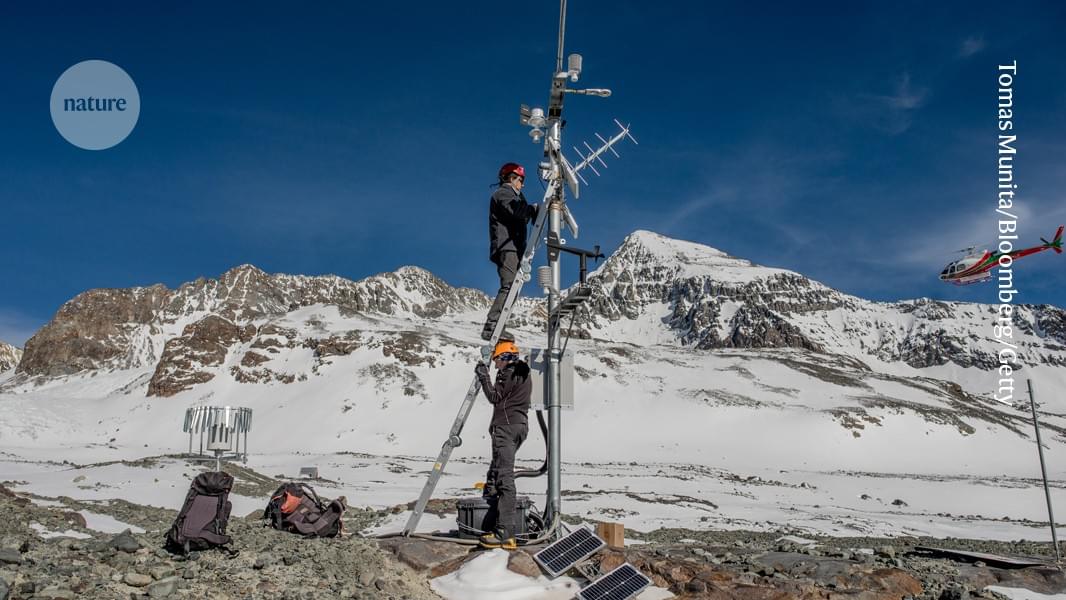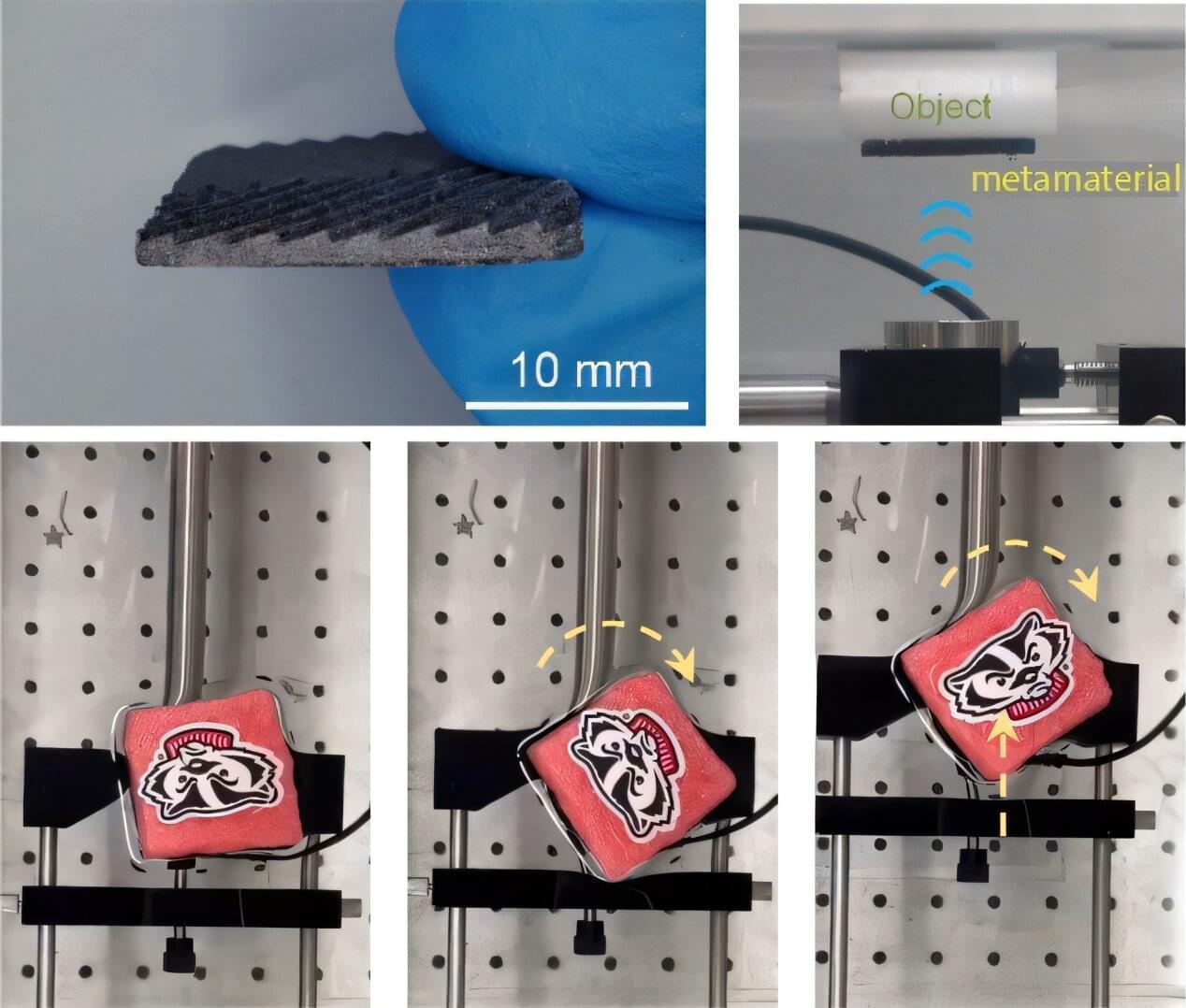Almost half of the scientists who responded to a survey have experienced territorial and undermining behaviours from other scientists — most commonly during their PhD studies1. Of those affected, nearly half said that the perpetrator was a high-profile researcher, and one-third said it was their own supervisor.
Most of the survey respondents were ecologists, but the study’s organizers suspect that surveys focusing on other disciplines would yield similar results.
The gatekeeping behaviours that the study documents “damage careers, particularly of early-career and marginalized researchers”, says lead author Jose Valdez, an ecologist at the German Centre for Integrative Biodiversity Research in Leipzig. “Most alarming was that nearly one in five of those affected left academia or science entirely.”





